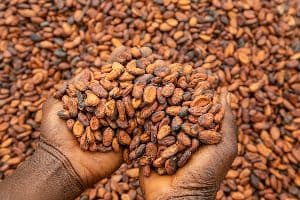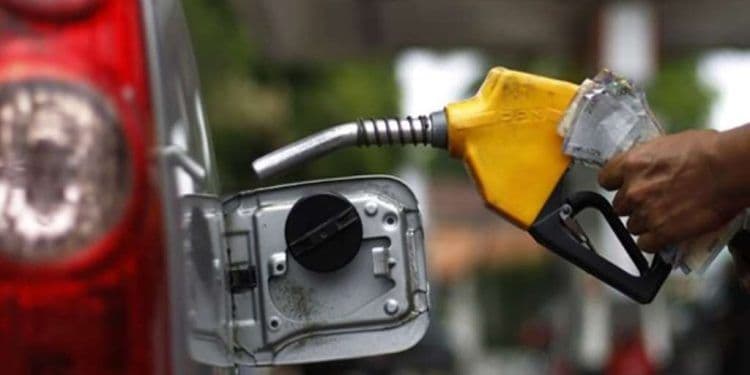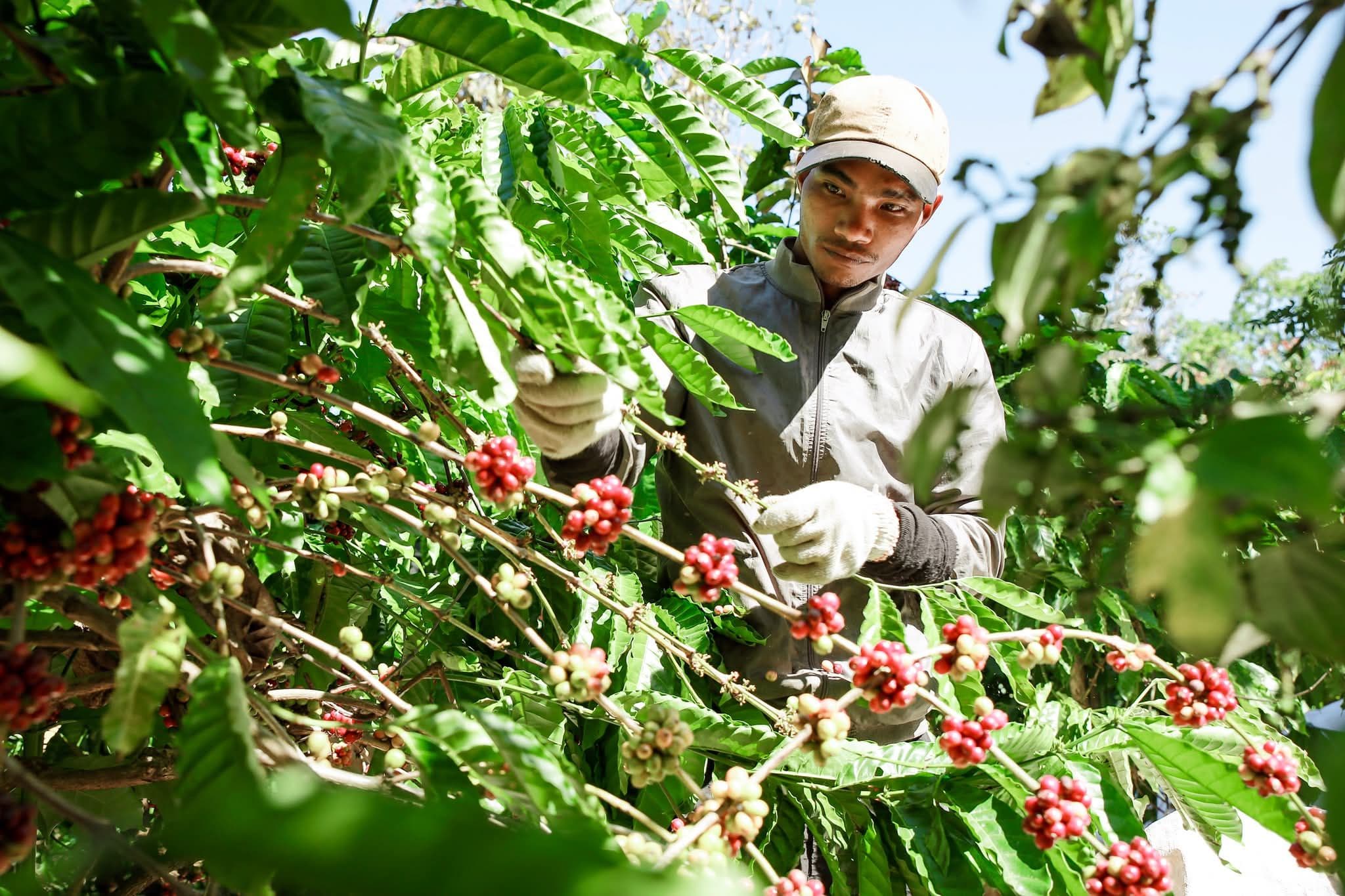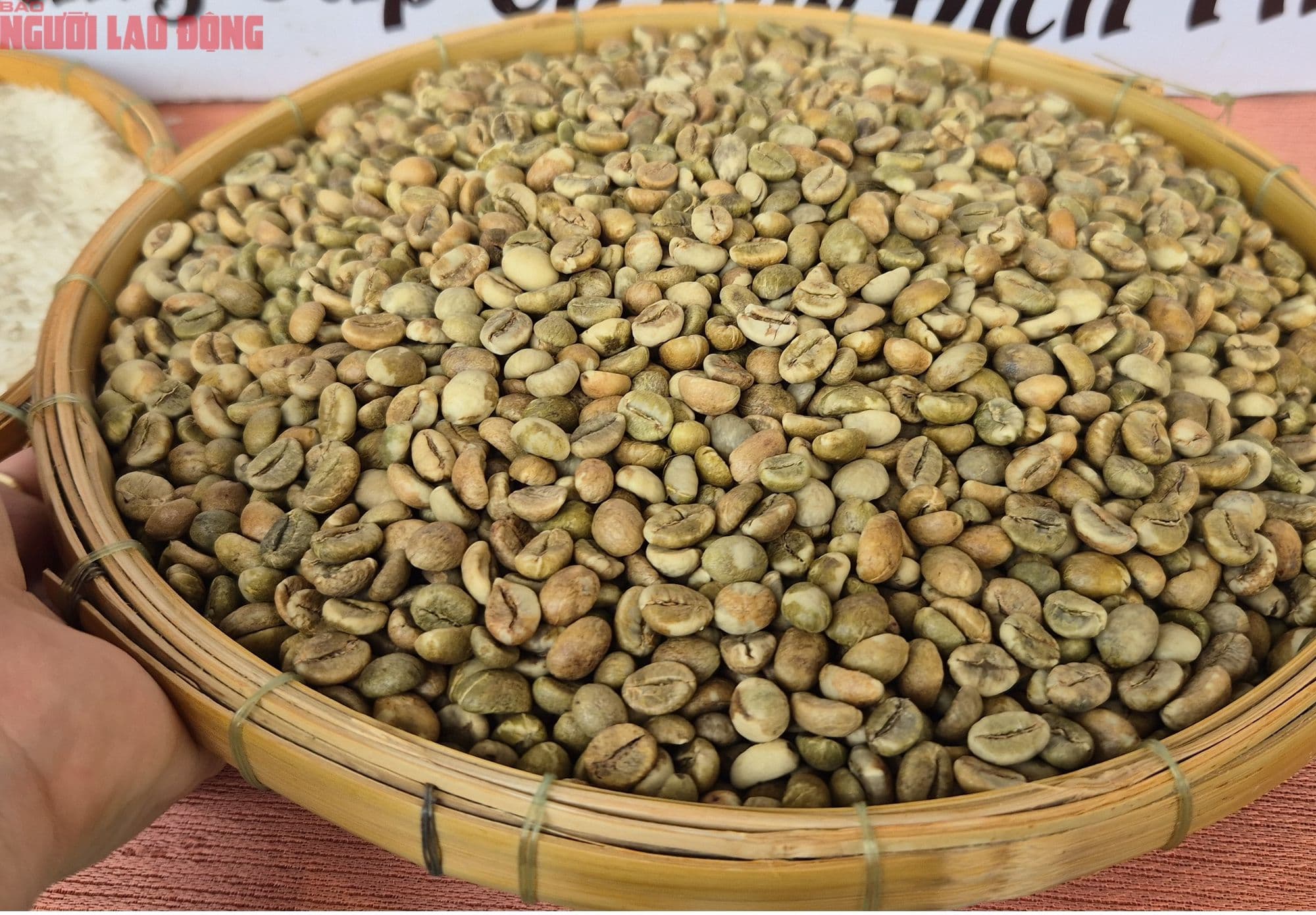Ghana's Cocoa Revolution: Unpacking the Price, Policy, and Farmer Future
Ghana's cocoa faces a historic shift. Explore how new prices, the end of syndicated loans, and cedi volatility redefine farmer income and Ghana's stance in a scarce global market.

The Looming Announcement and Its Stakes
Anticipation is high across Ghana's cocoa belt as the government prepares to unveil the new producer price for the 2025/2026 crop season on August 4, 2025. This isn't just a routine announcement; it's a pivotal moment, shaping the livelihoods of millions of farmers and the economic trajectory of a nation heavily reliant on its golden crop. Committees have been diligently reviewing the pricing structure, engaging in crucial stakeholder consultations to arrive at a figure that aims to be fair. Currently, a 64kg bag fetches GH¢3,100, translating to GH¢49,600 per tonne. While a nominal increase is widely expected, a significant curveball has entered the equation: the 's recent sharp appreciation against the . This volatility casts a shadow of uncertainty over the real value farmers will gain. Will a higher cedi price truly translate into improved purchasing power, or will the cedi's strength erode those gains? The stakes are considerable, particularly given President 's recent recommitment to ensuring cocoa farmers receive at least 70% of the world market price, a pledge that underscores the government's aspiration for farmer welfare amidst global market shifts.
A Decades-Old Tradition Dries Up: The Syndicated Loan Shift
In a move that marks a significant departure from decades of established practice, the has confirmed it will not pursue syndicated loans for the upcoming 2025/2026 cocoa season. This isn't a sudden decision; COCOBOD's Head of Public Affairs, , revealed they also bypassed syndicated financing for the 2024/2025 season. For generations, these international syndicated loans have been the financial bedrock of Ghana's cocoa sector, enabling COCOBOD to pre-finance cocoa purchases and ensure prompt payments to farmers at the start of each season, a critical factor in maintaining production levels. The rationale behind this unprecedented shift is twofold: a severe global shortage of cocoa beans, which has fundamentally altered market dynamics, and a strategic imperative to cut costs. Sam emphasized that avoiding syndication means sidestepping additional expenses, signaling a leaner, more self-reliant approach to financing. This bold pivot contrasts with earlier cautious statements from Finance Minister , who, at an August 4 press briefing, acknowledged sustainability concerns but indicated the existing financing structure would be retained for the time being. Clearly, COCOBOD has moved decisively towards a new financial paradigm.
The Cedi's Wild Ride: Real Value vs. Nominal Gains for Farmers
While the government prepares to announce a new producer price, the true impact on farmers' pockets remains shrouded in the unpredictable behavior of the . Imagine receiving a higher nominal payment in local currency, only to find that your purchasing power hasn't improved, or has even diminished, due to currency fluctuations. That's the core concern currently gripping Ghana's cocoa sector. The cedi has seen a significant appreciation against the in recent months, a double-edged sword for an export-dependent economy. While it might make imports cheaper, it simultaneously reduces the cedi value of foreign exchange earnings from exports like cocoa. For farmers, this means that even if the new producer price per bag or tonne sees a substantial increase in cedi terms, the real-world value – how much food, medicine, or education it can buy – could be substantially less if the cedi continues its strong run. This scenario highlights a critical challenge for policymakers: how to ensure that the producer price not only reflects global market dynamics but also provides a stable and genuinely improved standard of living for farmers, insulating them from the local currency's volatile dance.
Bridging the Gap: The 70% Pledge and Farmer Welfare Initiatives
At the heart of Ghana's cocoa strategy lies a crucial commitment from President : to ensure farmers receive a minimum of 70% of the world market price for their produce. This isn't merely a benevolent gesture; it's a strategic imperative aimed at incentivizing production, combating smuggling, and improving farmer welfare. Achieving this 70% pledge, however, is a complex dance between global cocoa prices, the volatile cedi, and the operational efficiencies of . When farmers feel shortchanged, the temptation to smuggle beans across borders for better prices becomes irresistible, as evidenced by recent interceptions of 90 bags in and a staggering 50% drop in cocoa exports in 2024. These figures underscore the direct link between fair pricing and national production integrity. Beyond the price, COCOBOD is also exploring other avenues to support its workforce and, by extension, the broader cocoa ecosystem. The introduction of a balanced scorecard approach for staff appraisal, moving away from traditional methods, suggests an internal drive for greater accountability and efficiency, which could indirectly contribute to a more robust and farmer-centric industry.
Looking Ahead: Ghana's Cocoa in a Scarce Global Market
's cocoa sector stands at a fascinating crossroads, navigating a global market defined by scarcity and high demand. 's decision to forgo syndicated loans, primarily driven by the global cocoa shortage, isn't just a financial adjustment; it's a strategic repositioning. In a world clamoring for cocoa, Ghana, as a major producer, possesses significant leverage. The challenge now is to capitalize on this scarcity while ensuring the benefits trickle down to the farmers who are the backbone of the industry. The 70% world market price pledge, if consistently met and effectively translated into real value for farmers despite cedi fluctuations, could be a game-changer. It could stem the tide of smuggling, encourage reinvestment in farms, and ultimately boost national output in a period of tightening global supply. This moment of scarcity, coupled with Ghana's bold policy shifts, offers a unique opportunity to redefine the relationship between the state, the market, and the farmer, potentially setting a new standard for sustainable and equitable cocoa production on the global stage. The coming season will reveal much about the resilience and foresight of Ghana's cocoa revolution.
Related Articles

Ghana's Forex Frontier: Balancing Strict Repatriation with Exporter Resilience

Ghana's Forex Frontier: Balancing Strict Repatriation with Exporter Resilience

The Silent Erosion: Why Ghanaians Aren't Fully Benefiting from Global Fuel Drops

The Silent Erosion: Why Ghanaians Aren't Fully Benefiting from Global Fuel Drops

Sweet Success, Bitter Policy? Navigating Vietnam's Unprecedented Coffee Season

Sweet Success, Bitter Policy? Navigating Vietnam's Unprecedented Coffee Season

The Golden Bean Rush: Asia's Ascent and the Rewriting of Global Coffee Prices
